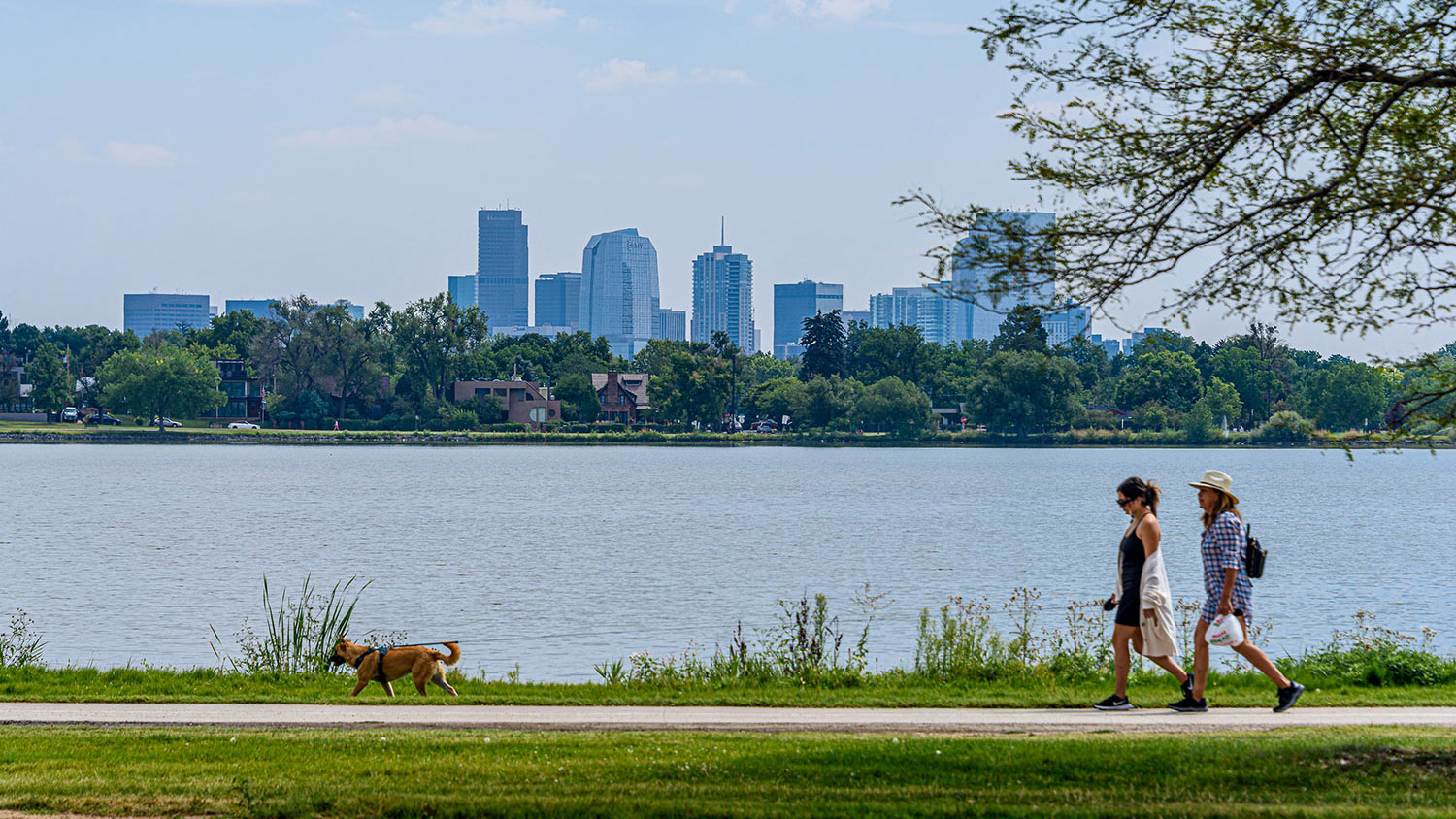Embarking on the journey of eating disorder recovery can be both challenging and transformative. In Denver, a city with a thriving community dedicated to mental health and well-being, there are numerous resources available to support individuals on their path to healing. In this beginners guide, I introduce various eating disorder recovery resources in Denver, including treatment centers, support groups, and coaching services. Whether you’re seeking professional help or a supportive community, this guide aims to assist you in navigating the multitude of options available.
1. Eating Disorder Treatment Centers:
Denver is home to reputable treatment centers that specialize in eating disorder recovery. These centers offer comprehensive care, including medical, nutritional, and psychological support. Highly trained professionals, such as therapists, dietitians, and medical doctors, work collaboratively to provide individualized treatment plans tailored to each client’s unique needs.
2. Support Groups and Therapy Workshops:
For individuals seeking a supportive community, Denver offers various support groups and therapy workshops specifically focused on eating disorder recovery. These groups provide a safe space to share experiences, gain insights, and receive encouragement from others who understand the challenges of the recovery journey.
3. Eating Disorder Recovery Coaches:
Coaching services have gained popularity as a complementary support in eating disorder recovery. In Denver, certified eating disorder recovery coaches offer personalized guidance, motivation, and accountability to individuals navigating their healing process. Coaches work in collaboration with therapists and dietitians, enhancing clients’ overall treatment experience.
4. Mental Health Clinics and Therapists:
In addition to eating disorder-specific treatment centers, Denver boasts a variety of mental health clinics and therapists who specialize in treating eating disorders. These professionals offer evidence-based therapies such as Cognitive Behavioral Therapy (CBT), Dialectical Behavior Therapy (DBT), and Acceptance and Commitment Therapy (ACT).
5. Non-Profit Organizations and Helplines:
Several non-profit organizations in Denver focus on mental health and eating disorder recovery. They provide educational resources, helplines, and online support for individuals seeking guidance and assistance.
6. Online Resources and Virtual Support:
As the digital landscape evolves, online resources and virtual support have become increasingly accessible. Denver-based organizations and professionals offer virtual counseling, webinars, and online workshops, expanding support options for those seeking remote assistance.
Denver’s vibrant eating disorder recovery community offers a wide array of resources to support individuals on their journey towards healing and empowerment. Whether you’re looking for comprehensive treatment centers, a nurturing support group, personalized coaching services, or accessible virtual resources, Denver has something to offer. Remember, the recovery journey is unique to each individual, and finding the right resources that resonate with your needs and preferences is crucial. Embrace the support available in Denver and take the first step towards reclaiming your life and fostering lasting well-being.
